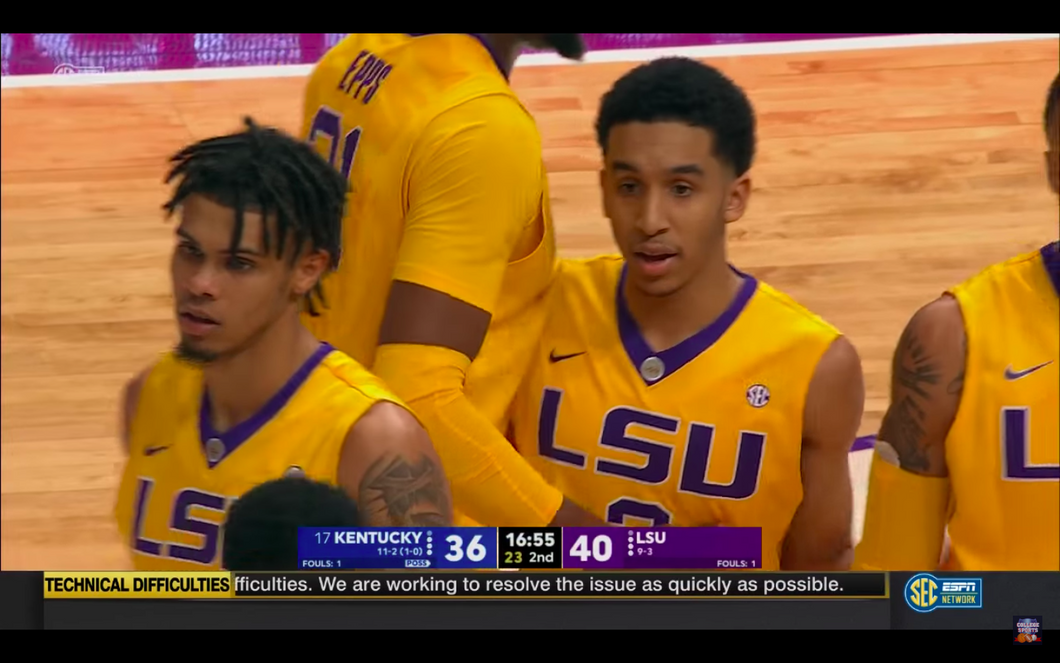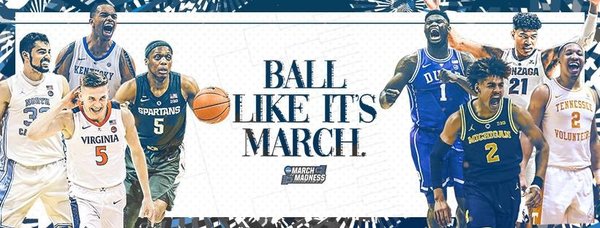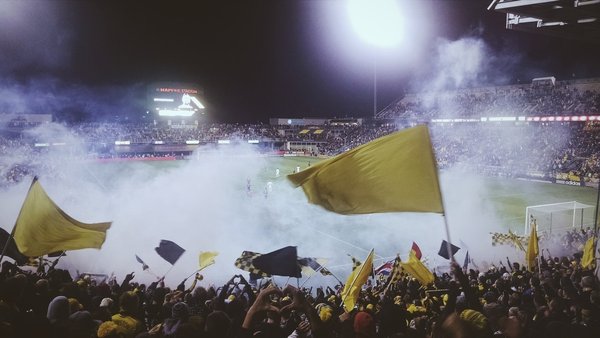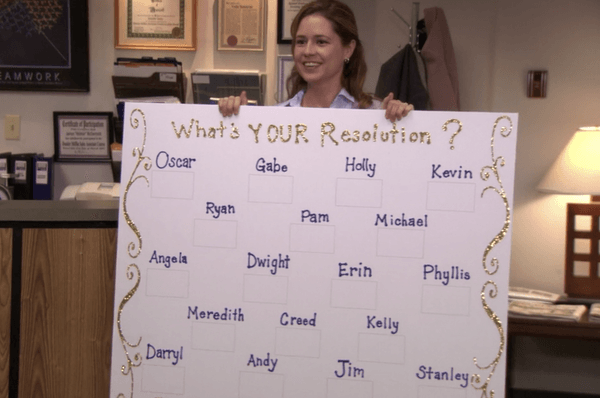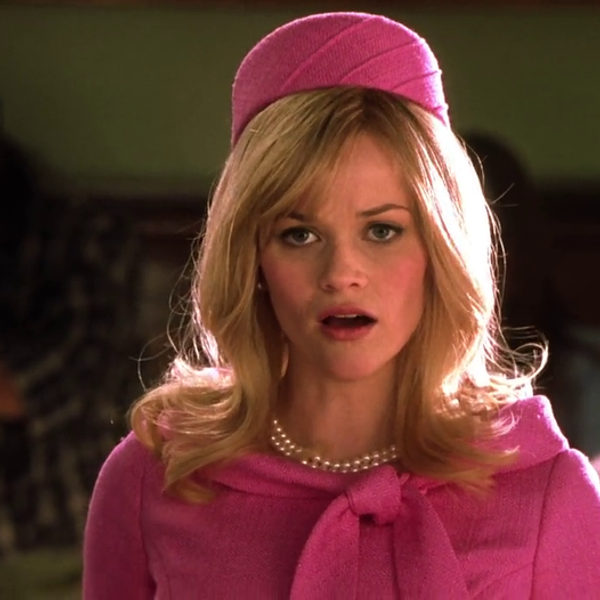In an interview about his professional basketball career and his time spent at Louisiana State University, Ben Simmons had some questionable responses. After being asked if there was a point to spending a year in college, Simmons replied with "Looking at it now, I don't really know what I learned, financially, or just being a person at LSU. I think I've learned a lot more this whole year in Philly, just being a pro, than I did at LSU."
Simmons is not the only professional basketball player upset with the current system. Since Article X, otherwise known as the one-and-done rule was created in 2005, athletes below the age of 19 were barred from entering the NBA draft. The commissioner at the time felt the rule would help reduce the number of athletes who went straight from high school to the professional level. Prior to the creation of the rule, there were numerous instances where seemingly elite basketball players would become a bust on the professional level because they were not completely ready.
Basically, the one-and-done rule forces athletes to play at the college level for at least one year or sit out a season before entering the NBA. However, with this model comes several problems for the athletes. There is the potential for career ending injuries during the one year in college. There is also the potential for a player to hurt their draft stock throughout the year. In addition, the athletes do not receive any financial compensation, so some might struggle to get through the year while they wait to be paid as a professional. There are numerous accounts where college athletes move on to the professional level just so they can start making money to help support themselves and their family.
All in all, the one and done rule is just a waste of time for the elite athletes who are good enough to go from high school to the professional level. The rule also is bad for college basketball. Teams are recruiting players who are really more focused on playing professionally but are forced to wait out a season and play for a college. In this situation, the NCAA and NBA are profiting while the athletes are wasting time and honestly just putting money in other people's pockets.
Current NBA commissioner Adam Silver has discussed this issue various times during his tenure. There have been discussions of abolishing the rule completely or making some revisions. There was one discussion of changing the rule to allow players to declare for the NBA draft straight out of high school or if they choose to attend college, they would then have to wait at least two or three years before becoming eligible for the draft. This type of system would be beneficial for those who have no interest in college but also keeps college athletes stuck in the system longer if they choose that route. Regardless, changes need to be made so athletes can be in the position to make decisions that best fit their talents and needs.

